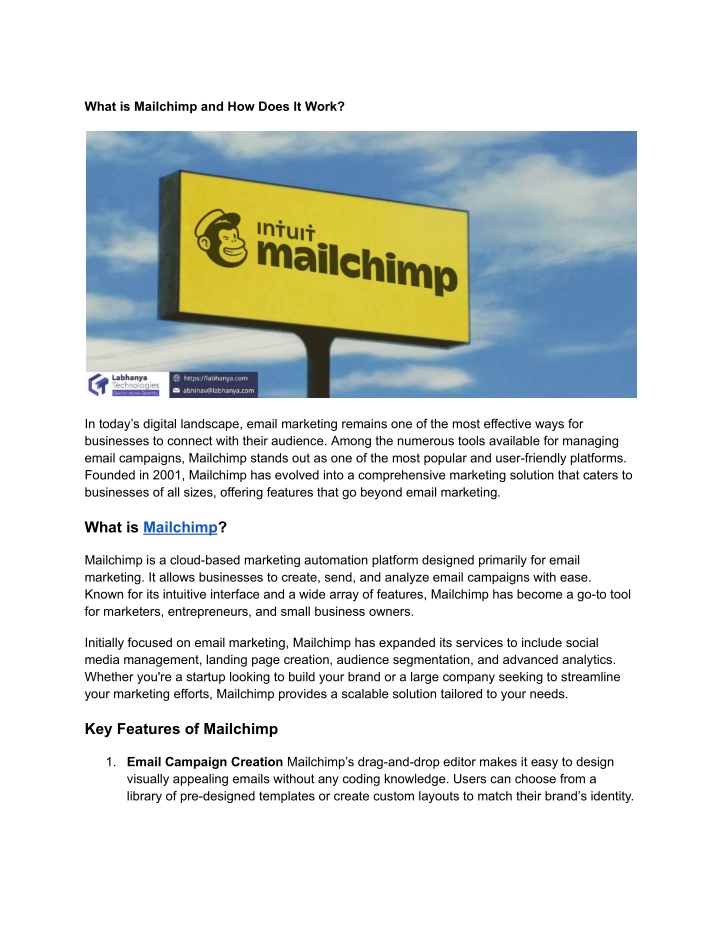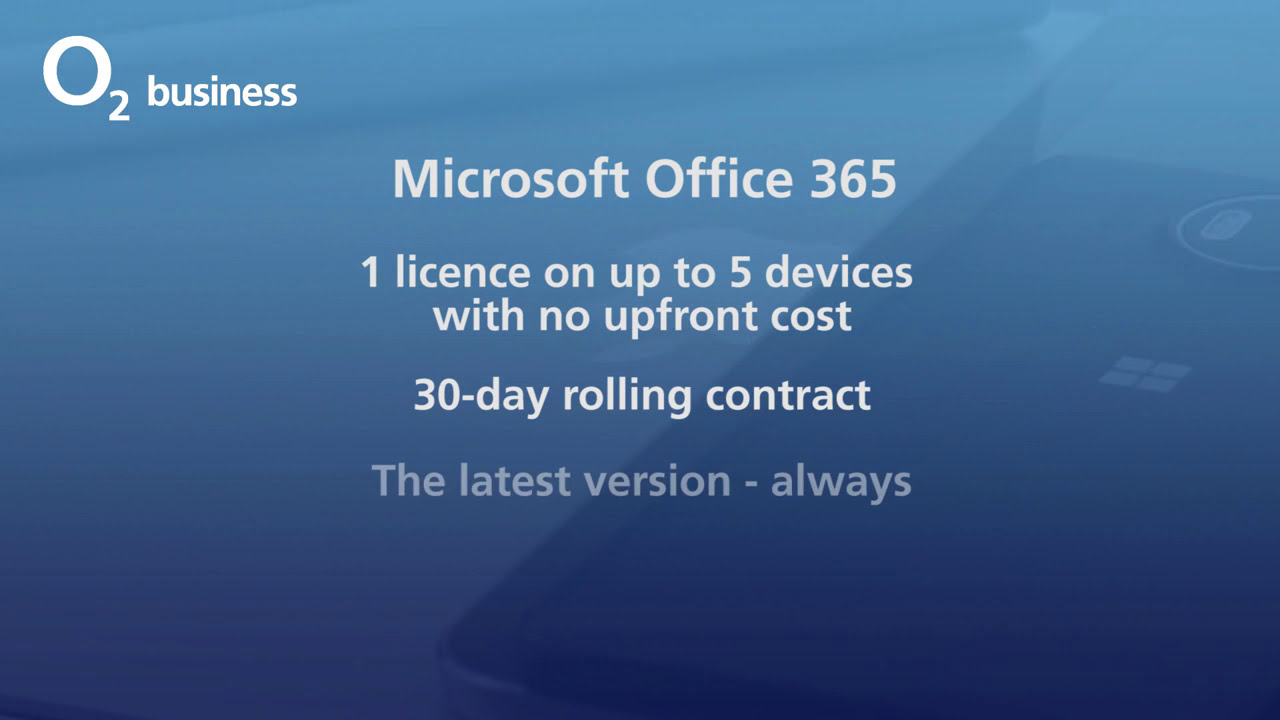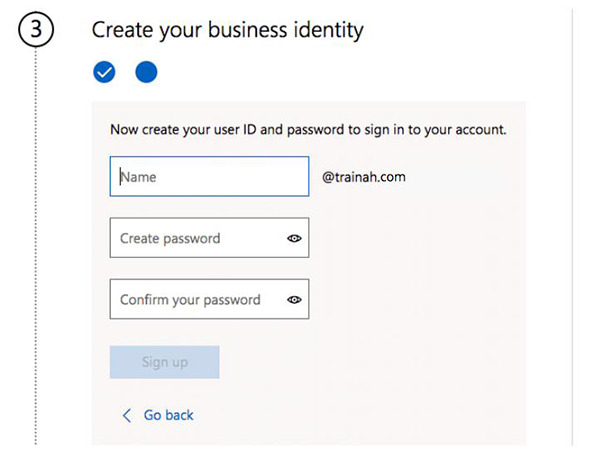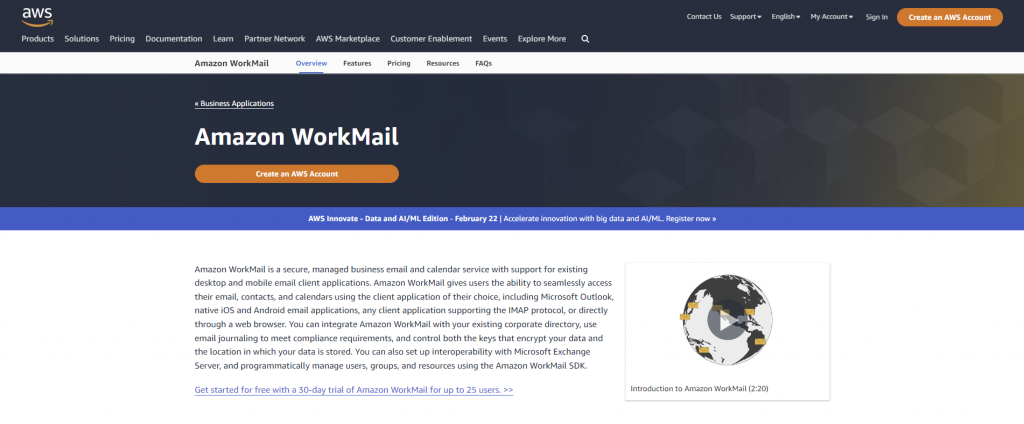
Leveraging Cloud Email for Small Business Success
In today’s digital era, cloud email for small business has become essential for ensuring effective communication and collaboration. Unlike traditional email systems, cloud email solutions provide scalability, accessibility, and robust features that allow businesses to operate efficiently and stay organized. This article will guide you on harnessing the power of cloud email for your small business, outlining steps to write effective emails, special tips and tricks, and key facts to consider.
Information

Cloud email refers to email services hosted on a remote server, which can be accessed via the internet. These services eliminate the need for physical hardware or software installations, making them a cost-effective solution for small businesses. Here’s what you should know about cloud email:
- Accessibility: Access your emails from any device with internet connectivity, allowing for flexibility in work locations.
- Storage and Maintenance: Most cloud email providers offer ample storage and manage system maintenance, updates, and security.
- Collaboration Features: Many cloud email solutions integrate with other productivity tools, enhancing teamwork and workflow.
- Security: Cloud email providers often have advanced security measures in place to protect against data breaches and threats.
- Cost-Efficiency: With a subscription model, businesses can avoid large upfront costs associated with traditional email setups.
How to Write 5 Effective Email Paragraphs

Writing effective emails is crucial for maintaining professionalism and clarity in communication. Follow these five steps when crafting your messages:
- Start with a Clear Subject Line:
- Use a concise subject line that reflects the content of your email. Avoid vague terms and make it specific.
- Greet the Recipient Appropriately:
- Begin with a friendly greeting, using the recipient’s name if possible. Tailor your salutation based on your relationship with the individual (formal vs. informal).
- State Your Purpose Clearly in the First Paragraph:
- Start with a brief introduction of who you are and why you’re writing. Be direct and to the point to grab their attention.
- Provide Detailed Information in Subsequent Paragraphs:
- When discussing details, use bullet points or numbered lists for clarity. Break down complex information into digestible parts to help the reader easily understand.
- Conclude with a Call to Action:
- End your email by summarizing your main points and including a clear call to action. Specify what you expect from the recipient and provide your contact information for further discussion.
Special Tips and Tricks

To enhance the effectiveness of your cloud email usage, keep these tips in mind:
- Utilize Templates: Save time by creating email templates for common responses or situations, ensuring consistency in communication.
- Organize Your Inbox: Use folders or labels to categorize incoming emails, making it easier to locate important messages later.
- Set Up Auto-Responses: For times when you’re unavailable, set up auto-response messages to inform senders of your absence and expected response time.
- Leverage Integration Features: Take advantage of integration capabilities with apps like calendars and project management tools to streamline workflows.
- Regularly Back-Up Important Emails: Ensure critical communications aren’t lost by regularly saving important emails or exporting them if necessary.
Key Facts
Here are some crucial facts about cloud email for small business that can help you make informed decisions:
- Growth of Cloud Email Services: Over 80% of businesses now use cloud-based email solutions as they offer enhanced functionality compared to traditional systems.
- User-Friendly Interfaces: Most cloud email platforms come with intuitive interfaces that reduce the learning curve for new users.
- Scalability: Cloud email can easily grow with your business. You can add more storage or features without significant investments in infrastructure.
- Cost Savings: Cloud email reduces costs associated with maintenance and IT support, freeing up resources for other business areas.
- Mobile Compatibility: Most cloud email services are optimized for mobile devices, allowing employees to communicate effectively on-the-go.
FAQs
What is cloud email, and how does it differ from traditional email?
Cloud email is an email service hosted on a remote server that you access via the internet. It differs from traditional email in that it requires no local software installation and offers better scalability and collaboration features.
Are there security concerns with using cloud email?
While cloud email providers implement various security measures, such as encryption and two-factor authentication, it’s essential to choose reputable providers and educate employees on best practices for safe email usage.
How can I migrate to a cloud email solution?
Research various cloud email providers, select one that fits your business needs, and follow their migration guidelines. Typically, this process involves backing up existing emails, configuring new accounts, and transferring data.
Can cloud email improve team collaboration?
Yes! Many cloud email services offer integrated tools, such as shared calendars and document collaboration features, which facilitate smoother communication and teamwork.
What factors should I consider when choosing a cloud email provider?
Consider factors such as pricing, available features, security protocols, customer support, and user reviews when selecting a cloud email provider for your small business.
Conclusion
Adopting cloud email for small business is not just about keeping in touch; it’s a strategic move towards improved efficiency, collaboration, and growth. By understanding how to utilize cloud email effectively, writing impactful emails, and following tips and tricks for optimal use, your business can thrive in today’s competitive landscape. Whether you’re transitioning from a traditional email system or starting fresh, leveraging cloud email will undoubtedly position your small business for success.





Comments (0)